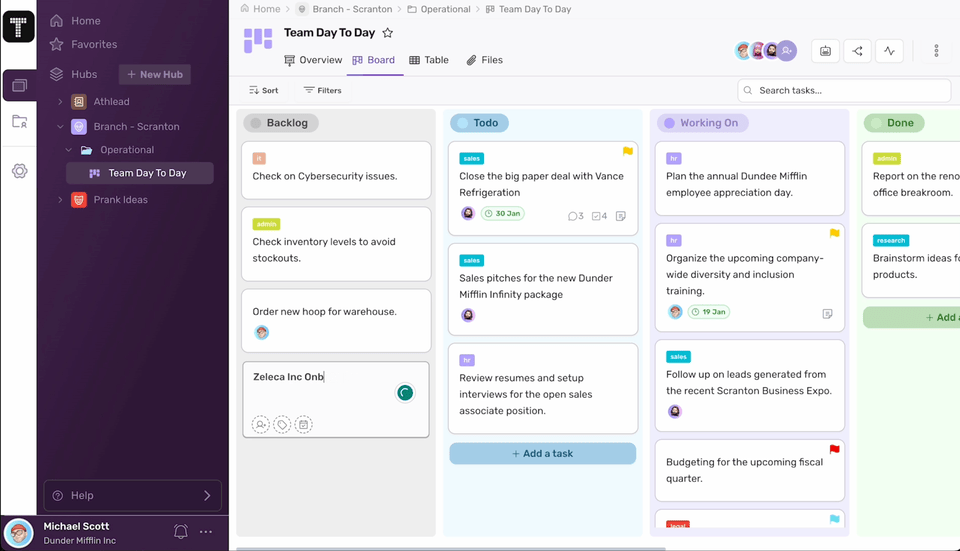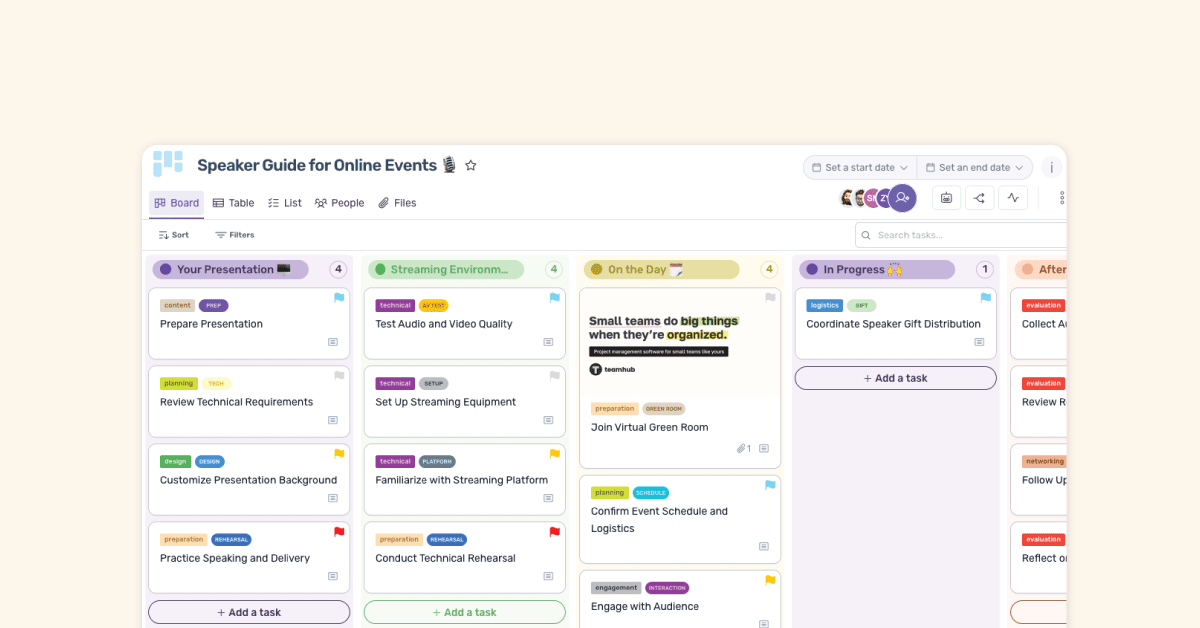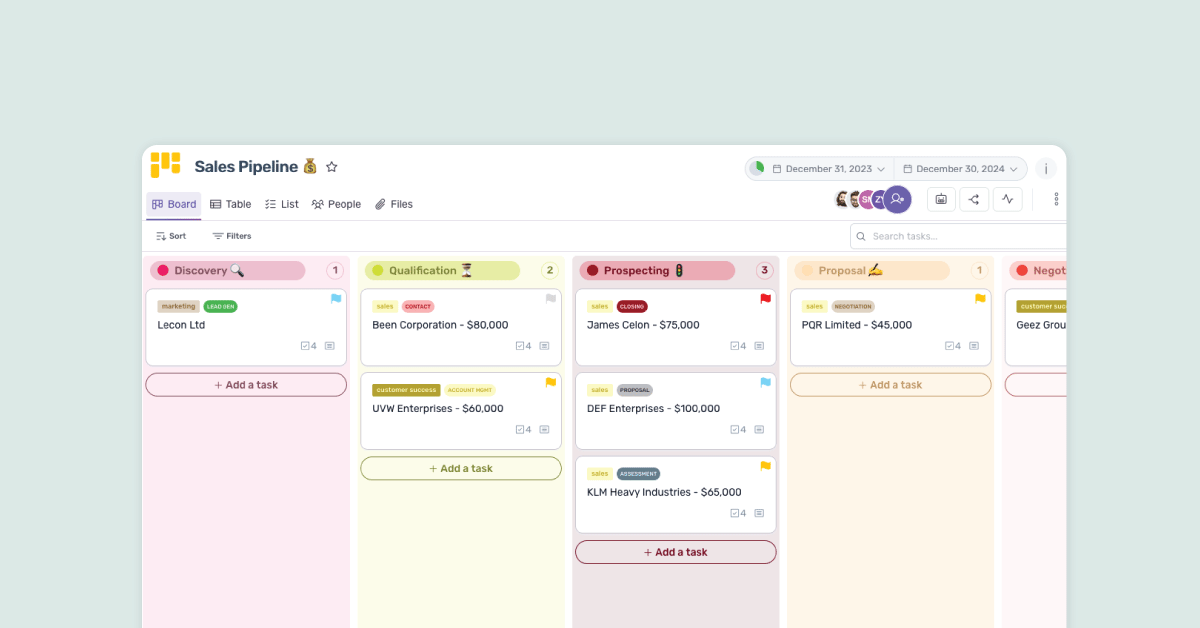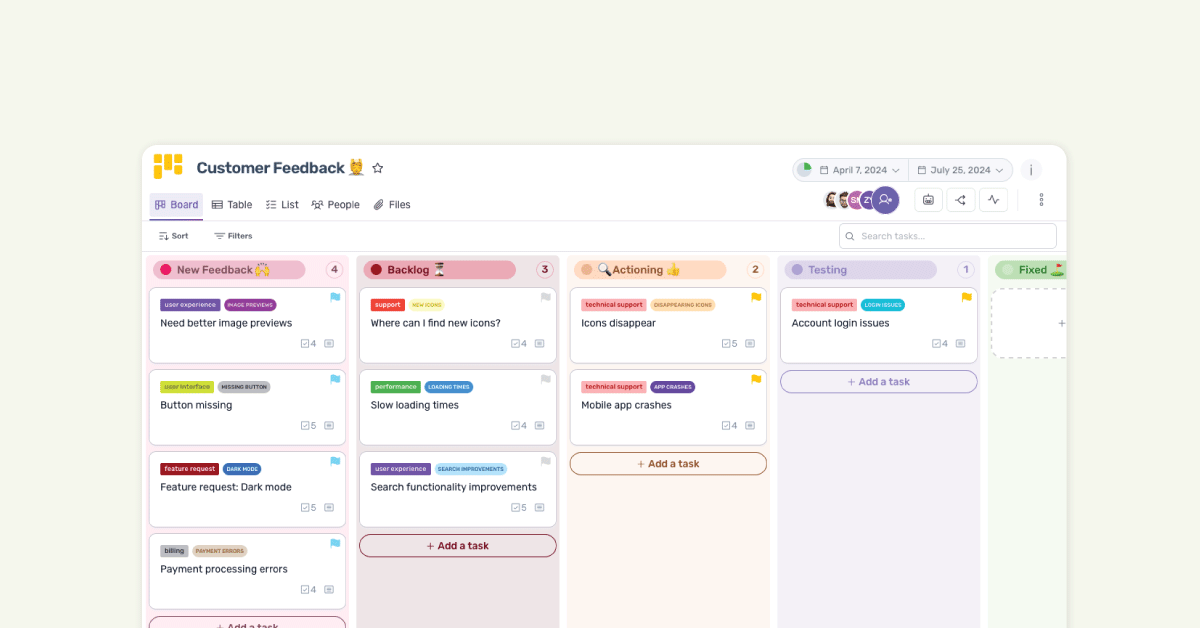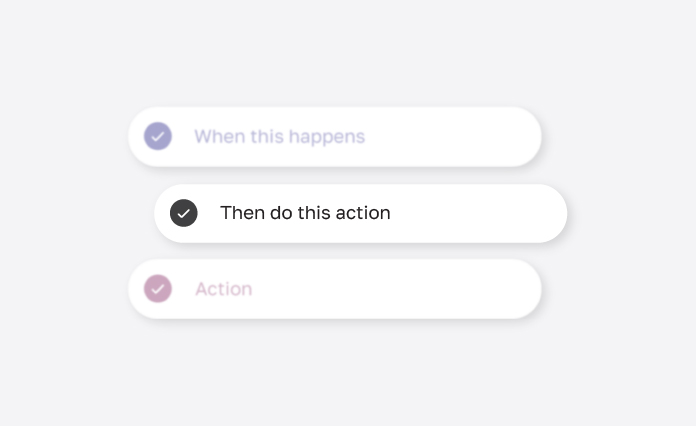Effective task allocation is crucial for the success of any organization. A well-implemented task allocation system can streamline workflows, improve productivity, and ensure the timely completion of projects. This comprehensive guide will walk you through the basics of task allocation, the steps to implement a task allocation system, the tools and technologies available, and strategies to overcome common challenges.

Understanding the Basics of Task Allocation
Defining Task Allocation
Task allocation is the process of assigning specific tasks and responsibilities to individuals or teams within an organization. It involves analyzing the workload, identifying tasks, determining priorities, and assigning them to the most suitable team members. Task allocation aims to optimize resource allocation, enhance collaboration, and maximize efficiency.
When it comes to task allocation, there are various factors to consider. These include the complexity of the tasks, the skill sets of team members, and the overall goals of the project. By carefully considering these factors, organizations can ensure that tasks are allocated in a way that promotes productivity and success.
Importance of Effective Task Allocation
Effective task allocation is vital for several reasons. It ensures that each team member has a clear understanding of their responsibilities, reducing confusion and minimizing duplication of efforts. Moreover, proper task allocation allows for the utilization of individual strengths, skills, and expertise, leading to better performance and higher satisfaction among team members. Additionally, efficient task allocation promotes better time management, enabling projects to be completed within set deadlines.
Furthermore, effective task allocation can also contribute to a positive work environment. When team members feel that their skills are being utilized effectively and that their workload is manageable, they are more likely to feel motivated and engaged in their work. This, in turn, can lead to increased productivity and overall project success.
Key Elements of a Task Allocation System
To implement an effective task allocation system, there are several key elements to consider:
- Workload analysis: Before allocating tasks, it is essential to assess the workload and understand the scope of the project. This analysis helps in determining the number of tasks, their complexity, and the required resources. It also allows for the identification of potential bottlenecks or areas where additional support may be needed.
- Task identification: Clearly defining tasks and breaking down larger projects into smaller, manageable tasks is crucial. This allows for better organization and easier allocation. By breaking down tasks, organizations can also identify dependencies and prioritize tasks accordingly.
- Skill matching: Assigning tasks to individuals based on their skill set and experience ensures that the right person is working on each task. This maximizes efficiency and promotes a sense of ownership. It is important to consider not only technical skills but also soft skills such as communication and problem-solving abilities.
- Communication: Effective communication plays a vital role in task allocation. Clear and constant communication with team members helps in understanding their availability, progress, and any challenges they may face. It also allows for the exchange of ideas and feedback, fostering collaboration and a shared understanding of project goals.
- Monitoring and feedback: Regular monitoring and providing feedback throughout the task allocation process ensures that tasks are being completed as intended. It also allows for adjustments and course corrections if needed. By monitoring progress, organizations can identify and address any issues or obstacles that may arise, ensuring that the project stays on track.
By incorporating these key elements into a task allocation system, organizations can enhance their overall project management processes. Effective task allocation not only improves productivity and efficiency but also promotes a positive work environment and fosters collaboration among team members.
Steps to Implement a Task Allocation System
Implementing a task allocation system is a crucial step in managing projects effectively. By allocating tasks efficiently, teams can streamline their workflow, improve productivity, and ensure timely project completion. In this article, we will explore the key steps involved in implementing a task allocation system.
Identifying the Tasks
Before allocating tasks, it is crucial to identify and define them clearly. This involves analyzing the project requirements, breaking down the work into smaller tasks, and documenting them. It is essential to ensure that the tasks are specific, measurable, achievable, relevant, and time-bound (SMART).
Identifying tasks accurately sets the foundation for successful task allocation. By clearly defining the scope of work, teams can avoid confusion and prevent any potential delays or misunderstandings.
Determining Task Priorities
Once the tasks are identified, it is important to prioritize them based on their urgency, importance, and dependencies. This helps in allocating resources effectively and ensures that critical tasks are completed first.
By determining task priorities, teams can focus their efforts on high-priority tasks, ensuring that they receive the necessary attention and resources. This approach helps in managing time effectively and reducing the risk of missing important deadlines.
Assigning Tasks to Team Members
Assigning tasks to team members requires careful consideration of their skills, expertise, and workload. Matching the right person with the right task increases the chances of successful completion and boosts team morale. It is also important to communicate task details, expectations, and deadlines clearly to each team member.

Effective task assignment involves understanding the strengths and weaknesses of team members and distributing tasks accordingly. By leveraging individual skills and expertise, teams can optimize their performance and achieve better results.
Setting Deadlines and Milestones
Setting deadlines and milestones is crucial to keep the project on track. Clearly defining the expected completion dates for each task helps in managing time effectively and ensures that the project progresses smoothly. Milestones serve as checkpoints to assess the progress and make any necessary adjustments.
Deadlines and milestones provide a sense of structure and accountability to the project. They help teams stay focused, monitor their progress, and identify any potential bottlenecks or delays. By regularly reviewing milestones, teams can make informed decisions and take corrective actions if needed.
Implementing a task allocation system requires careful planning, effective communication, and continuous monitoring. By following these steps, teams can optimize their workflow, enhance collaboration, and achieve successful project outcomes.
Tools and Technologies for Task Allocation
Task allocation is a critical aspect of project management, and there are various tools available in the market that can streamline this process. These tools offer a wide range of features, including task tracking, resource management, team collaboration, and progress monitoring. By utilizing these tools, organizations can enhance their efficiency and productivity.
Overview of Task Allocation Tools
One popular task allocation tool is Teamhub. Teamhub provides a centralized platform for task management, allowing team members to create, assign, and track tasks. It also offers features like task dependencies, due date reminders, and file attachments. With its user-friendly interface, Asana makes it easy for teams to collaborate and stay organized. Teamhub also utilizes a visual board system, where tasks are represented as cards that can be moved across different columns. This system provides a clear overview of the project’s progress and allows team members to easily prioritize and allocate tasks.
Monday.com is a versatile task allocation tool that caters to the needs of various industries and team sizes. It offers customizable workflows, allowing organizations to adapt the tool to their specific requirements. With features like time tracking, Gantt charts, and Kanban boards, Monday.com provides a comprehensive solution for task allocation and project management.
Jira, developed by Atlassian, is a powerful task allocation tool widely used in software development teams. It offers advanced features like issue tracking, agile project management, and release planning. Jira’s flexibility allows teams to customize workflows and adapt the tool to their specific development processes.
Choosing the Right Task Allocation Software
When selecting task allocation software, it is crucial to consider the specific needs of your organization. The size of your team and the complexity of your projects play a significant role in determining the right tool. For smaller teams with simpler projects, a lightweight and user-friendly tool like Trello may be sufficient. However, for larger teams working on complex projects, a more robust tool like Teamhub may be necessary.

Integration capabilities with existing systems are also important to consider. If your organization already uses project management software, time tracking tools, or communication platforms, it is beneficial to choose a task allocation tool that can seamlessly integrate with these systems. This integration allows for easy data sharing, real-time updates, and centralized project management.
Cost is another factor to consider when choosing task allocation software. Some tools offer free plans with limited features, while others require a subscription or a one-time payment. It is essential to evaluate the value provided by the tool and determine if it aligns with your budget and long-term goals.
Conducting trials and evaluating multiple options can help in choosing the software that best fits your requirements. Many task allocation tools offer free trials or demos, allowing you to test the tool’s features and user experience before making a final decision.
Integrating Task Allocation Tools with Existing Systems
Integrating task allocation tools with existing systems can further enhance efficiency and promote seamless collaboration within an organization. For example, integrating a task allocation tool with project management software allows for a unified view of all project-related tasks and resources. This integration eliminates the need for manual data entry and ensures that everyone is working with the most up-to-date information.
Time tracking tools integration can provide valuable insights into task allocation and resource utilization. By linking task allocation with time tracking, organizations can analyze how much time is being spent on each task and identify areas for improvement. This data can also be used for accurate project estimation and future resource planning.
Communication platforms integration, such as Slack or Microsoft Teams, enables real-time collaboration and instant updates. Team members can receive notifications about task assignments, progress updates, and deadlines, ensuring that everyone is on the same page. This integration reduces the need for constant email communication and promotes efficient teamwork.
In conclusion, task allocation tools offer a wide range of features that can streamline the task management process. By choosing the right software and integrating it with existing systems, organizations can enhance efficiency, promote collaboration, and achieve project success.
Overcoming Challenges in Task Allocation
Common Obstacles in Task Allocation
Despite careful planning and implementation, task allocation can face several challenges. Some common obstacles include inadequate task analysis, underestimating resource requirements, poor communication, conflicting priorities, and unexpected changes in project scope. Recognizing these challenges is the first step in overcoming them.
Strategies to Overcome Allocation Challenges
To overcome task allocation challenges effectively, consider implementing the following strategies:
- Effective communication: Foster open lines of communication among team members to ensure that everyone is well-informed about task details, progress, and any changes that may arise.
- Regular evaluation: Continuously assess the progress of allocated tasks and identify any bottlenecks or issues. Make adjustments as necessary to keep the project on track.
- Flexibility: Task allocation systems should allow for flexibility to accommodate unexpected changes or emergencies. Building buffer time into task schedules can help in managing unforeseen circumstances.
- Collaboration: Encourage collaboration among team members, promoting knowledge sharing and cross-training. This ensures that tasks can be reallocated when needed and reduces dependencies on specific individuals.
Ensuring Fair and Effective Task Distribution
Fair distribution of tasks is crucial to maintaining a healthy work environment. When allocating tasks, consider factors such as workload balance, individual expertise, skill development opportunities, and personal career goals. Ensuring that task allocation is fair and transparent fosters a sense of trust, motivation, and teamwork among team members.
In conclusion, implementing a task allocation system is fundamental for effective project management. By understanding the basics of task allocation, following a systematic approach, leveraging appropriate tools and technologies, and being mindful of common challenges, organizations can achieve optimal task distribution, enhance productivity, and deliver successful outcomes. So, take the time to implement a comprehensive task allocation system and reap the benefits it offers.

